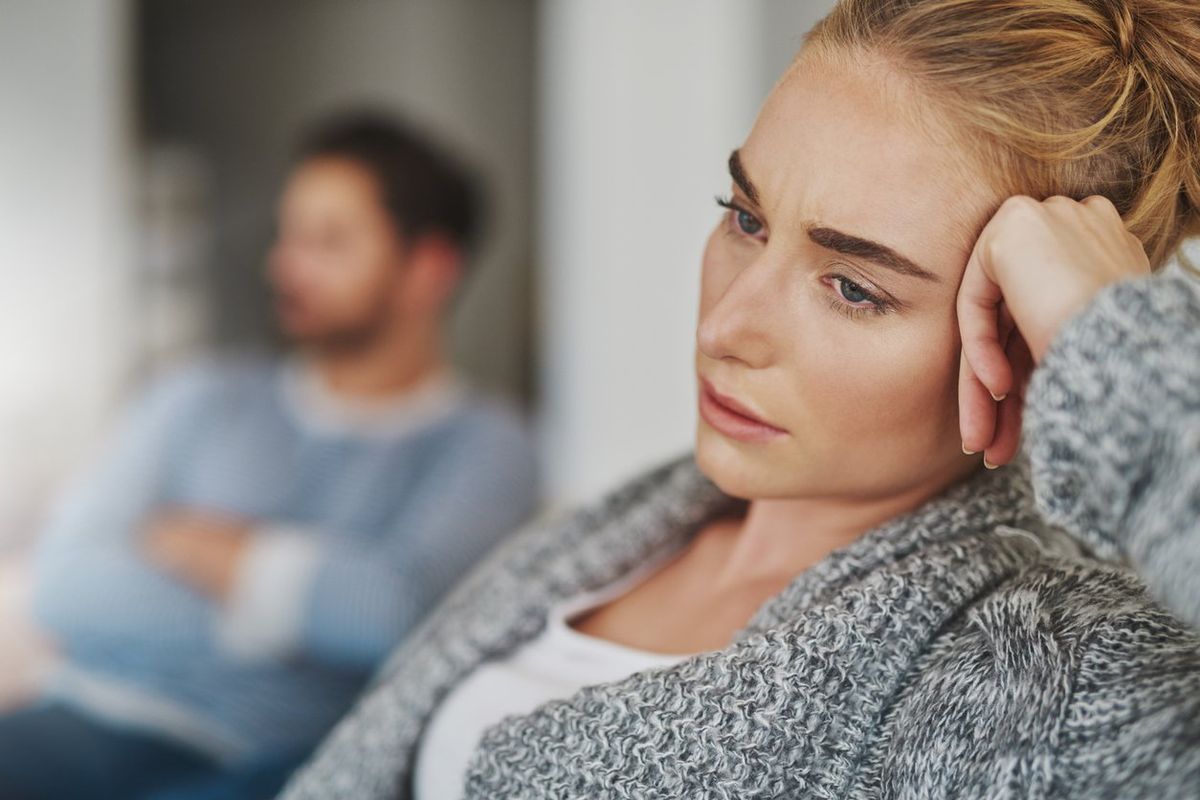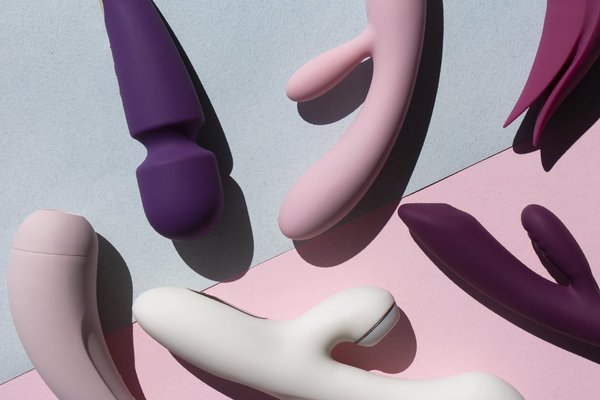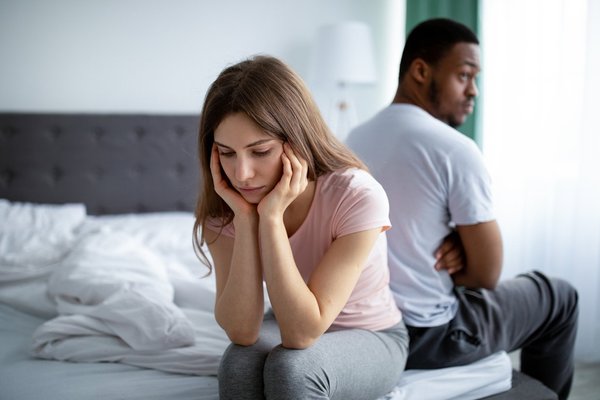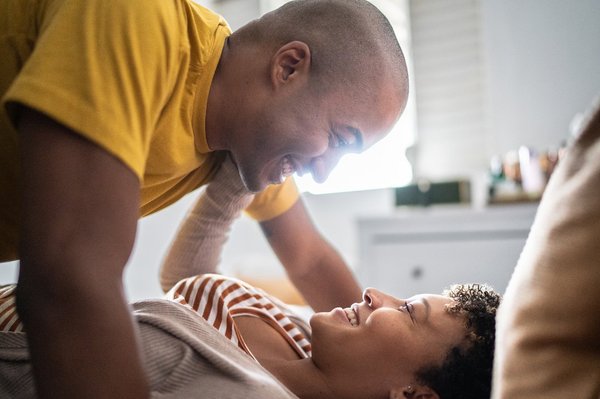Q:
I am attracted to my partner, but I have no desire to have sex. I'm 35. Is this normal?
A:
A woman's sexual desire is complex and can be influenced by a number of psychological and physiological factors. There is no clear definition of "normal"; only what normal means to you.
Start by asking yourself these questions: In the past, was my level of sexual desire good and satisfying? Has there been a decrease in my level of sexual desire? Is my overall health good or am I feeling exhausted most of the time? Am I under a lot of stress? Am I bothered by my decreased desire and want to increase it?
A women's sexual desire can be affected by a number of factors including medications she's taking, drug or alcohol use, pregnancy, recent childbirth or menopausal symptoms. Issues such as poor body image, dissatisfaction with your relationship or partner, or your partner's sexual problems could be affecting your level of desire as well.
Additionally, medical problems and illnesses (particularly if they are chronic and involve painful conditions) can affect sexual drive, as can mental health, particularly depression and anxiety.
It may be difficult for you, but evaluate your relationship: Do you feel an emotional connection to your partner? Many women say that if they're disappointed or frustrated with their partner or their relationship, it's difficult to feel sexually attracted to him or her. Do you and your partner connect physically without it always leading to sex? Do you give each other hugs and kisses "just because"? Does your partner kiss your neck while you're doing the dishes, give you a foot massage after a rough day on your feet, rub your shoulders when you're tense? All these little things add up to an overall feeling of love and closeness.
If you found yourself shaking your head as you read the above paragraph, it may be time to have a talk with your partner about how important affection is to you (apart from sexual intercourse).
However, if you're happy in your life and happy in your relationship, talk to your health care professional. As stated above, numerous medical conditions can affect libido, including urological problems, depression, hypothyroidism and diabetes, as well as medication side effects.
Also, you may have a condition called female sexual dysfunction, which includes sexual desire disorders. Sexual desire disorders can affect women of all ages. Nearly one in 10 women report having low desire with sexually related personal distress. Your health care professional can explain what this is and the options available for treating it. Be sure to ask about it if you're concerned.
The only way to know if you have a medical condition is by seeing your health care professional.







